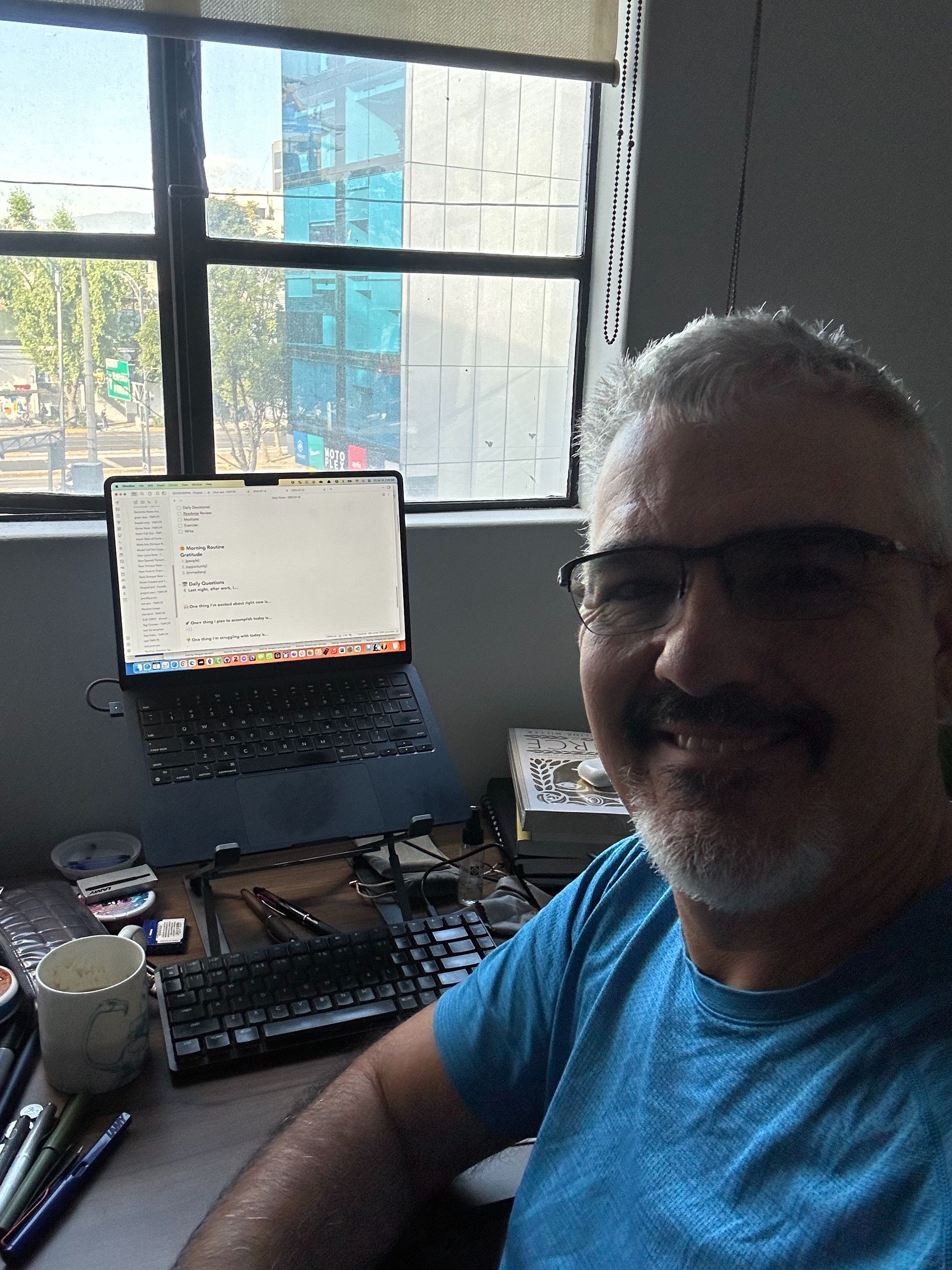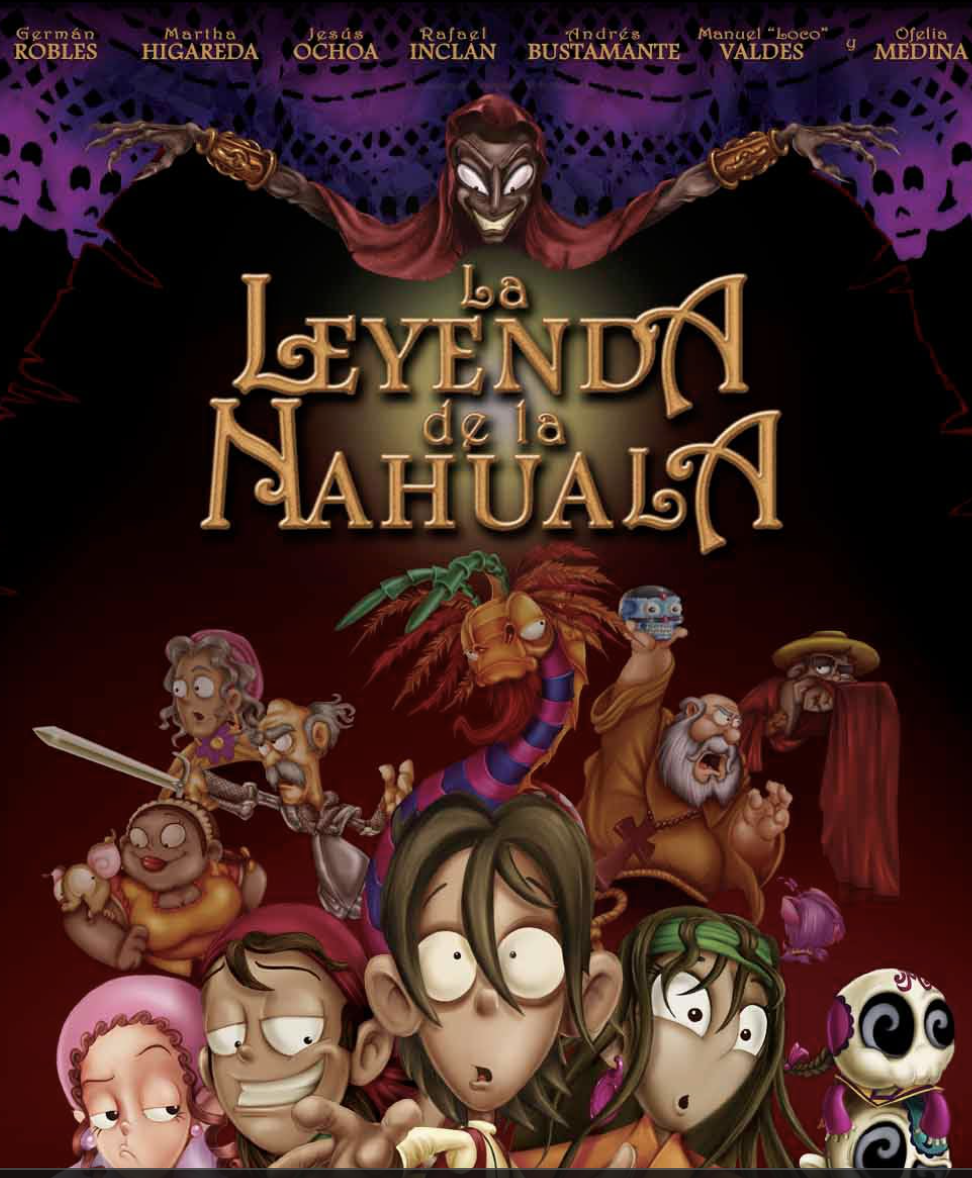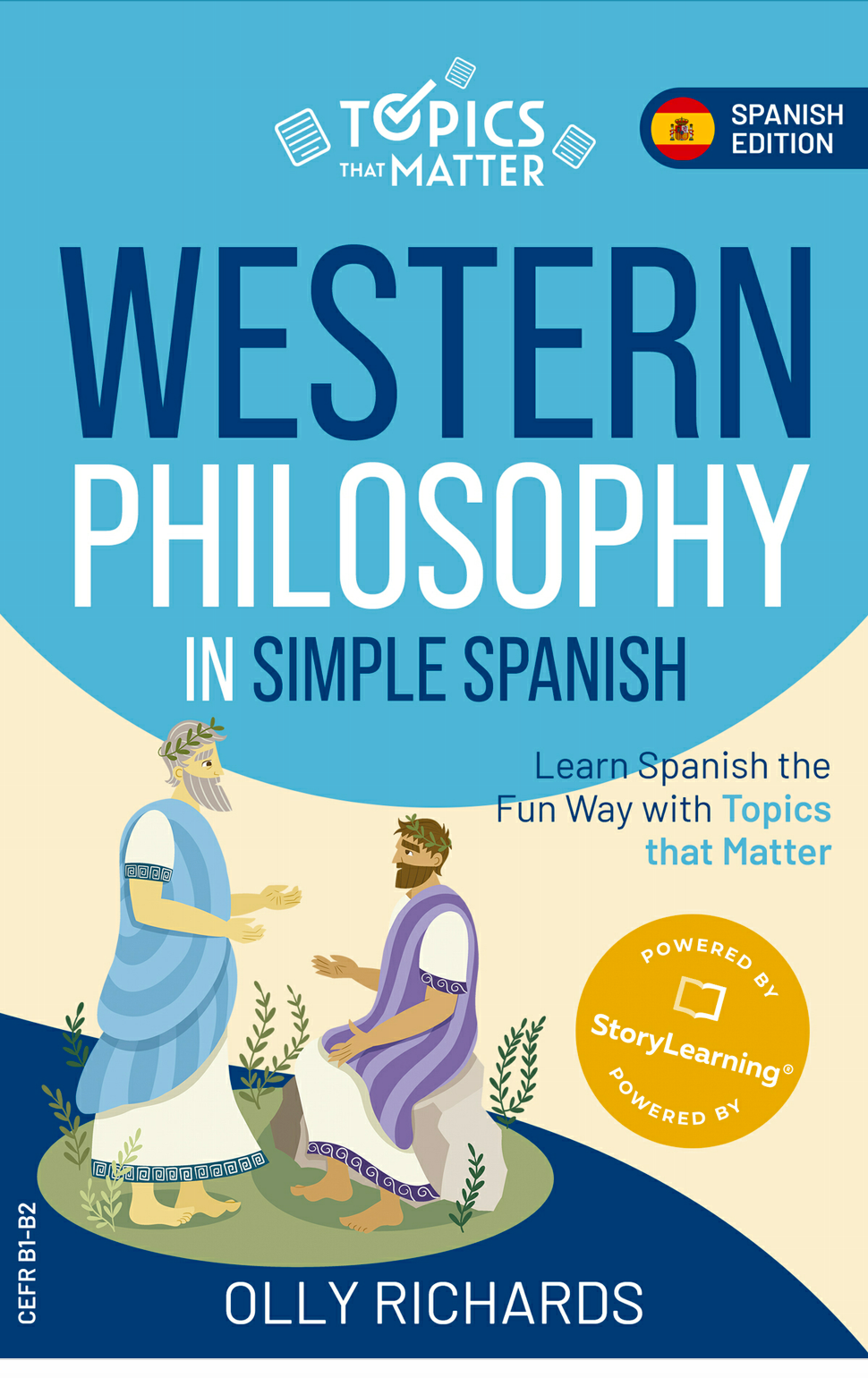Classes should move back to normal today, and a return to working with Marylin. She's a great instructor. I've hit a new wall, a bit discouraging. Lizeth recommended a kid's animated series on Netflix called "La Leyenda" it's a series of Mexican folk tales told as animated moves.

Sadly, it highlighted how far I have to go to improve my listening Spanish. It's not just that it was hard for me to heard and follow the Spanish words spoken at full speed, it was that there are SO MANY EXPRESSIONS and STRUCTURES that make no sense to me as an English speaker. I know them intellectually, but I never think to use them, and I don't hear them very often.

The video is chock full of great expressions, but they are just that, expressions and jokes and I'm sure it's useful but it has been a challenge to follow.
Here's an example:
In English, we scare someone, or make them scared.
But in Spanish, we give them fear. And the word order is different to.
qué miedo que le voy a dar. = How scared I am going to make him
To a native (or experienced) Spanish speaker this sentence is completely clear and obvious. To me however, a word for word translation goes something like
How fear(ful) that to him I will give.
There are two problems here - first, the giving of an emotional state like fear (instead of the making of an emotion) and then the word order.
My point is that I KNOW the words, nothing in that sentence is new to me, but put together that way, at speed, is hard for me process fast enough to get the translation in time before the next sentence hits.
Another challenge is that the people who do the translations often choose to express ideas with vastly different words. Take this example from the Daily Stoic
English
“Every great power is dangerous for the beginner. You must therefore wield them as you are able, but in harmony with nature.”
—EPICTETUS, DISCOURSES, 3.13.20
SPANISH
Toda gran facultad es peligrosa para el principiante. Por consiguiente, hay que soportar ese tipo de cosas según la capacidad; algunas son acordes con la naturaleza, pero no para el débil.
- Epicteto, Disertaciones por Arriano, 3.13.20
To make it easier for you to see the difference, here's the google translate of the Spanish quote.
Every great faculty is dangerous for the beginner. Therefore, one has to endure such things according to capacity; some are in keeping with nature, but not for the weak.
Why the addition of "but not for the weak"? Was that in the original Latin? Did Holiday streamline it for an English-speaking audience? Or is the Spanish translation adding something? The core idea is the same, but they are expressing it differently. And that is another facet of the language learning challenge. Getting to the meaning via different paths than I'm used to.
It is like learning the pieces of the language (vocabulary and grammar are not enough) I need to start learning "chunks" of the language, such as modes of expression. How can I have the mindset of a Spanish speaker? I try to ask how would they think about expressing an idea? And how do I do that? I'm sure I'm making this harder than it needs to be (all beginners do) but I am also trying to learn with maximum return on effort. We must know something about how to learn better.
Intensive vs Extensive Learning
There's an idea about language learning I learned this from a guy named Olly Richards. Richards is staggeringly prolific at creating intermediate level reading materials for students across a wide range of interests in a bunch of languages. His theory is that you can learn intensively, or you can learn extensively. Intensive learning is my default setting, when I see something I don't understand, I stop and look it up. It frustrates me to not know what words mean. Richards, on the other hand, advocates extensive learning. He wants me to keep going. Focus on finishing the page, the chapter, the article and don't get caught up in the details.
The first book of his that I finished was on Western Philosophy. That might sound dry, but I love the Daily Stoic and so it caught my interest.

Schools often trains us to learn intensively. Barbara Oakley, wrote probably the best book on learning hacks I have come across. In her book, A Mind for Numbers. She gives practical tips and tricks for learning difficult subjects - which can be any subject you struggle with. A key take away is to move between focus mode, and diffuse mode. Make effortful progress, but then also give your mind a break.

That's one reason I love Condesa so much. One thing you can do to give your mind a break is to go for a walk. Going around the tree lined streets in the Condesa neighborhood is great for restoring my focus. It turns out, there is some science behind this too. Almost everything we look at or pay attention to requires some act of will on our part which, believe it or not, consumes energy and mental resources. Nature, however, can passively grab our attention and hold it, which is restorative. The science behind this is called Attention Restoration Therapy and the idea is that nature holds a soft fascination for us.
What does this have to do with language learning? I feel like I bounce between drinking from the fire hose and diving deep, and then trying to take a break from it all. I also really struggle with extensive learning - just giving up on trying to understand everything and soaking it all in at once. But taking those walks seems to recharge my batteries.
Two Weeks
Today marks my second week of Spanish study here in Mexico and I'm beginning to worry I won't achieve my goal. Yes, I speak much, much better, and there are situations I am beginning to understand. However, even narrowing my focus from "Spanish" down to "Spanish spoken only in Mexico" (one set of accents and expressions) is daunting. I do believe I make more progress when I make a focused effort to learn like this. But will it be enough?
There is a concept called the illusion of competency that Oakley writes about. When we have the answer in front of us, we think we know it. This usually happens when we highlight passages from books or read translations. But really knowing it comes from producing it. We must generate the knowledge from within ourselves and use it.
This is one reason I have been super focused on doing homework. I have done more homework in the last two weeks than in the last 40 years. I'm not working for a grade; I really want to know this stuff. So, I have bought exercise books off Amazon to practice. It will be interesting to see how far I get.
Subjectively I feel like I'm ahead of where I was last year when I spent two weeks in Puerto Vallarta learning - probably because I had a much higher base to start from, but what will the next two weeks bring? A breakthrough? Or more incremental improvement. I'm hoping to hit that magical 32 degrees, when the ice melts. There is reason to hope for that. Atomic Habits author James Clear observes that a lot of human progress is like that. It seems like you are putting in the work and nothing is happening, but under the hood networks of neurons are busy rearranging themselves until "opening day" when a new level of functionality finally comes online.
Changes to the cognitive systems I have relied upon my whole life are still fighting to retain control - like, "We can think our way through this with our old understanding" and the new systems are not strong enough to express themselves yet. But I have to believe those new systems are developing and getting stronger.
Allegedly some people go through this quickly. And it seems an odd fact that many polyglots (people who speak multiple languages) find learning their 4th or 5th language much easier. It's like they build a whole new level of language comprehensive in their heads and each new language becomes a module that fits into that system. Well, I'm not there yet.
But as I like to quip when someone asks me, "How are you?" It's early but I'm optimistic"



